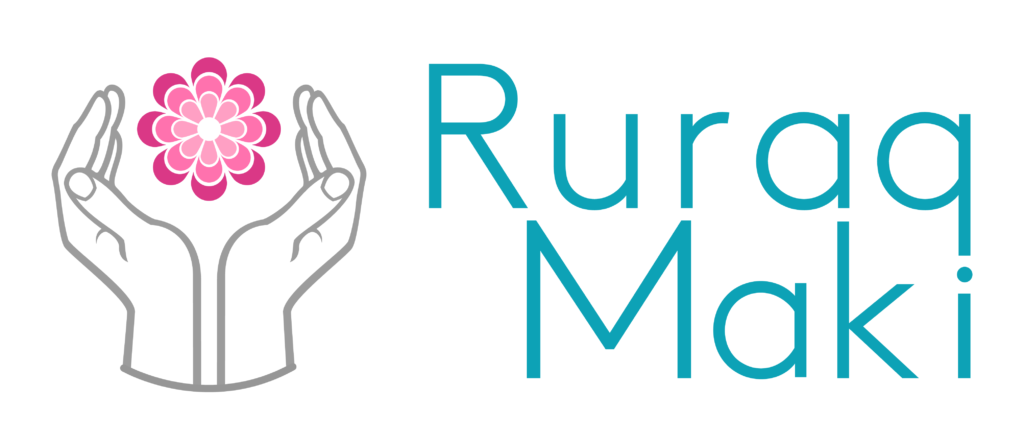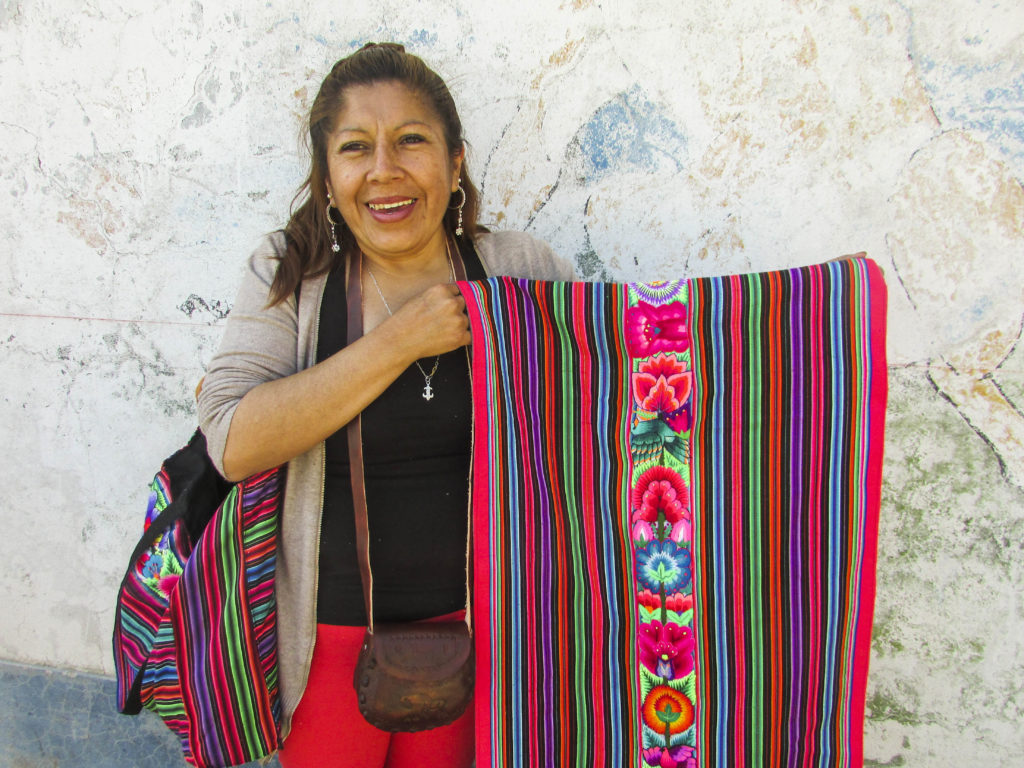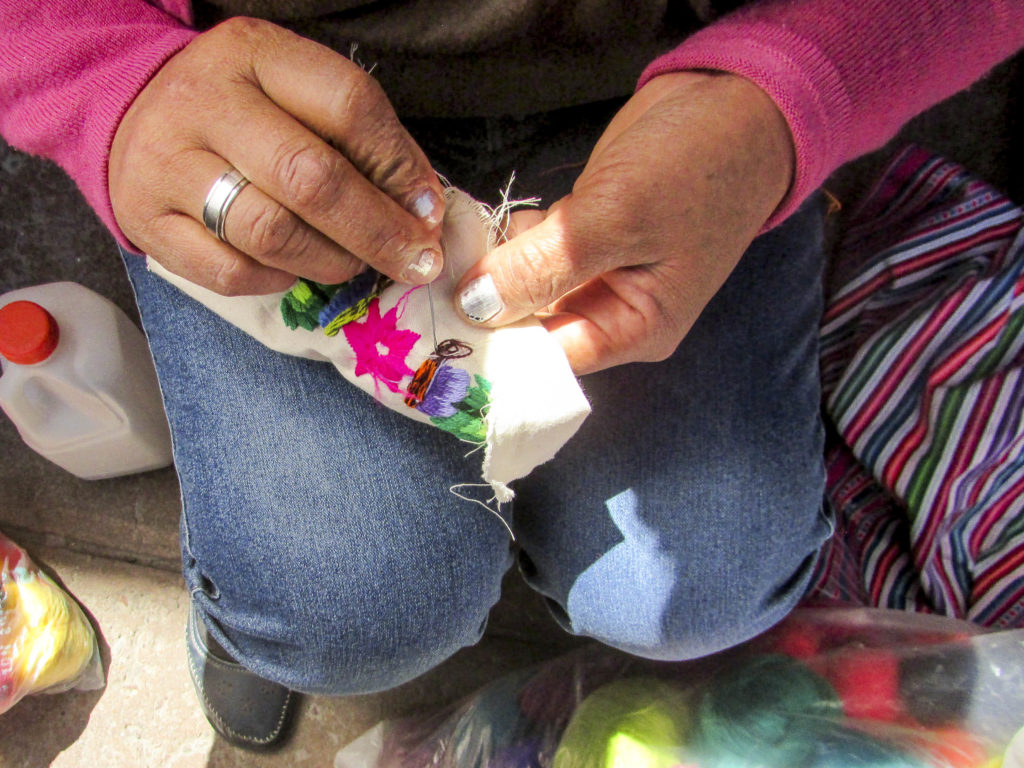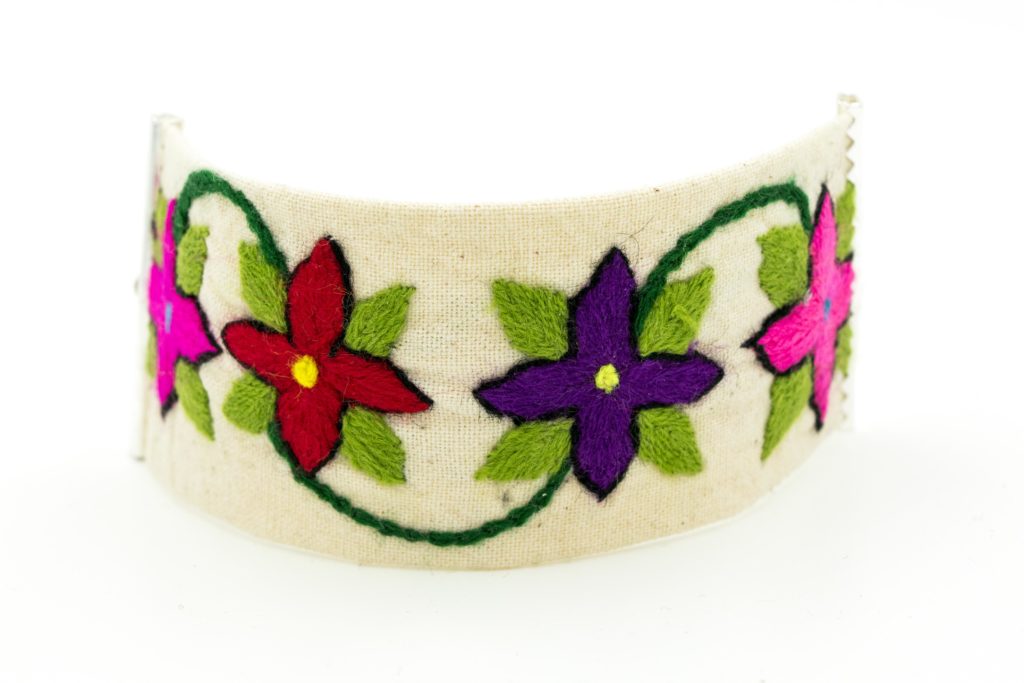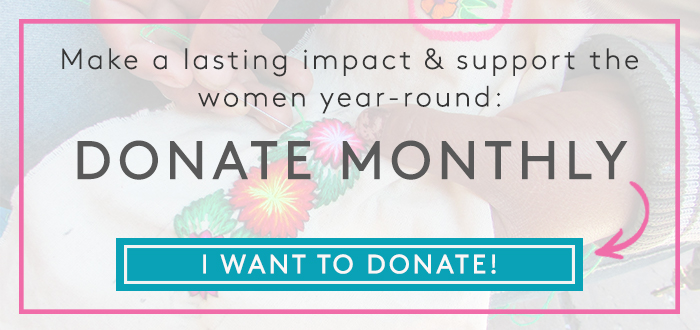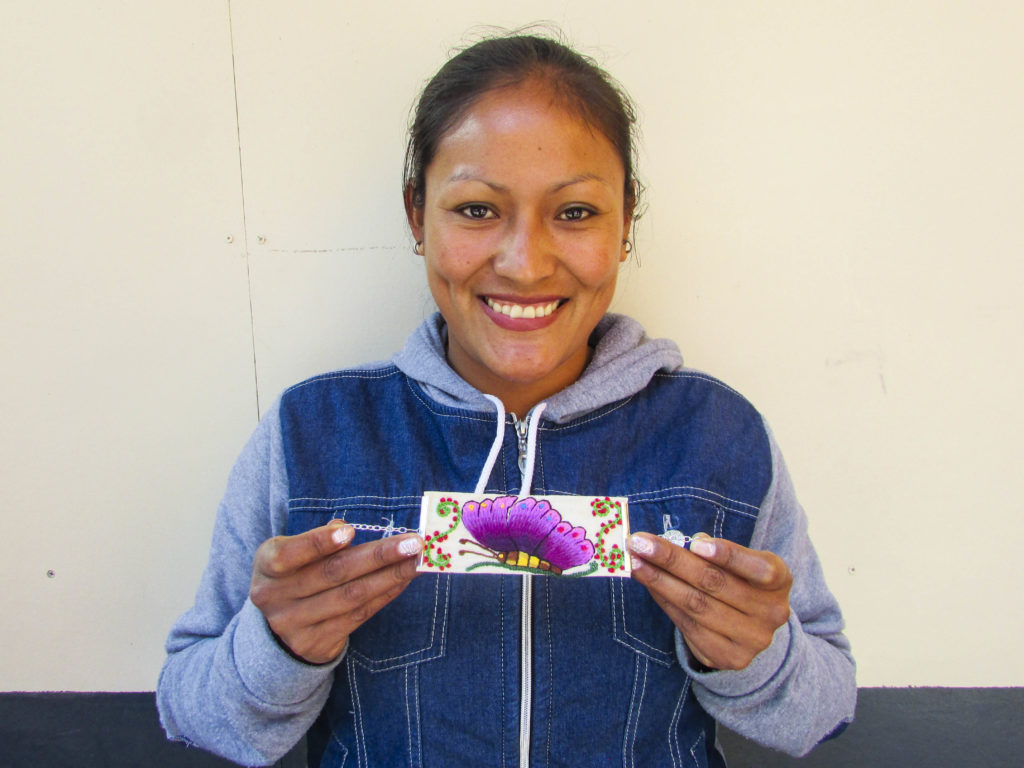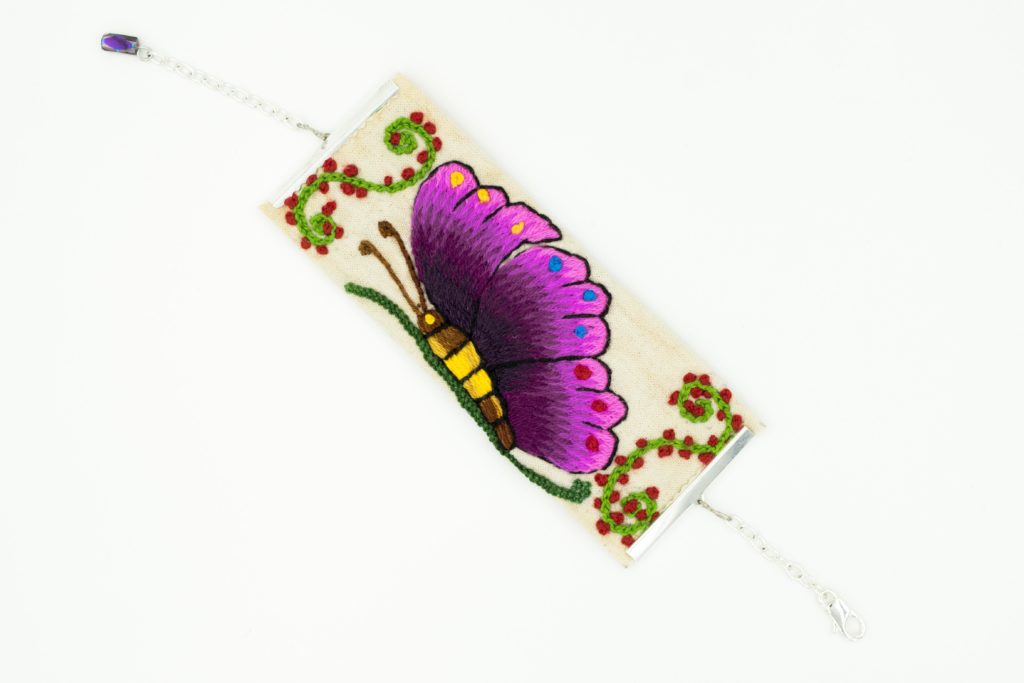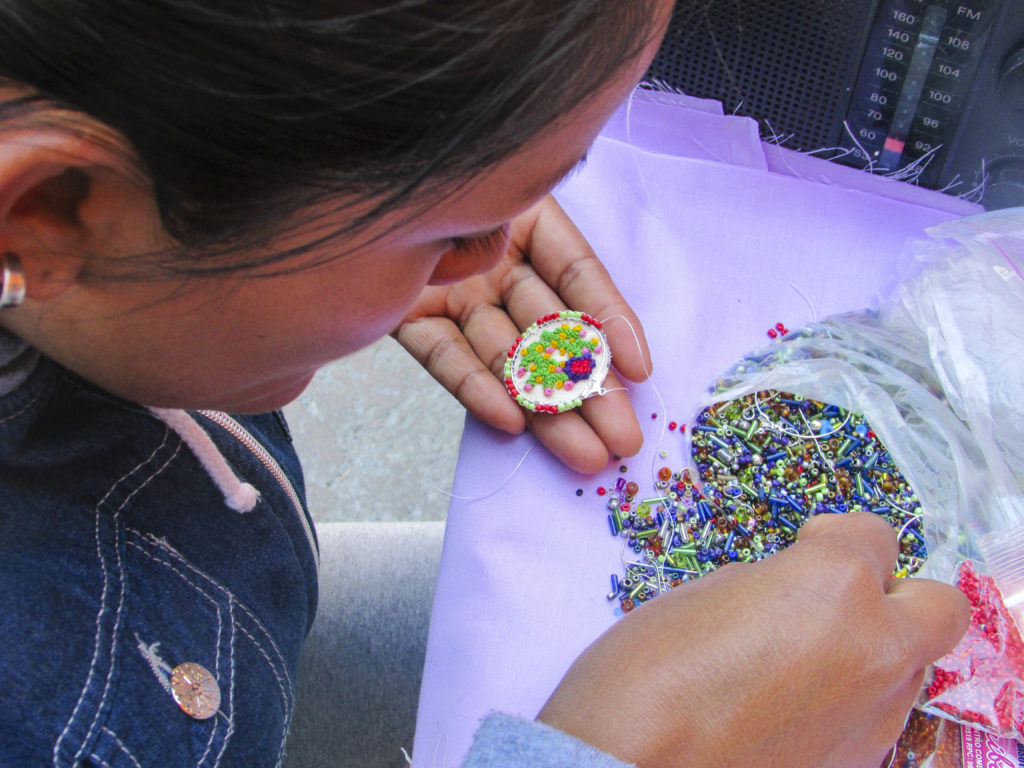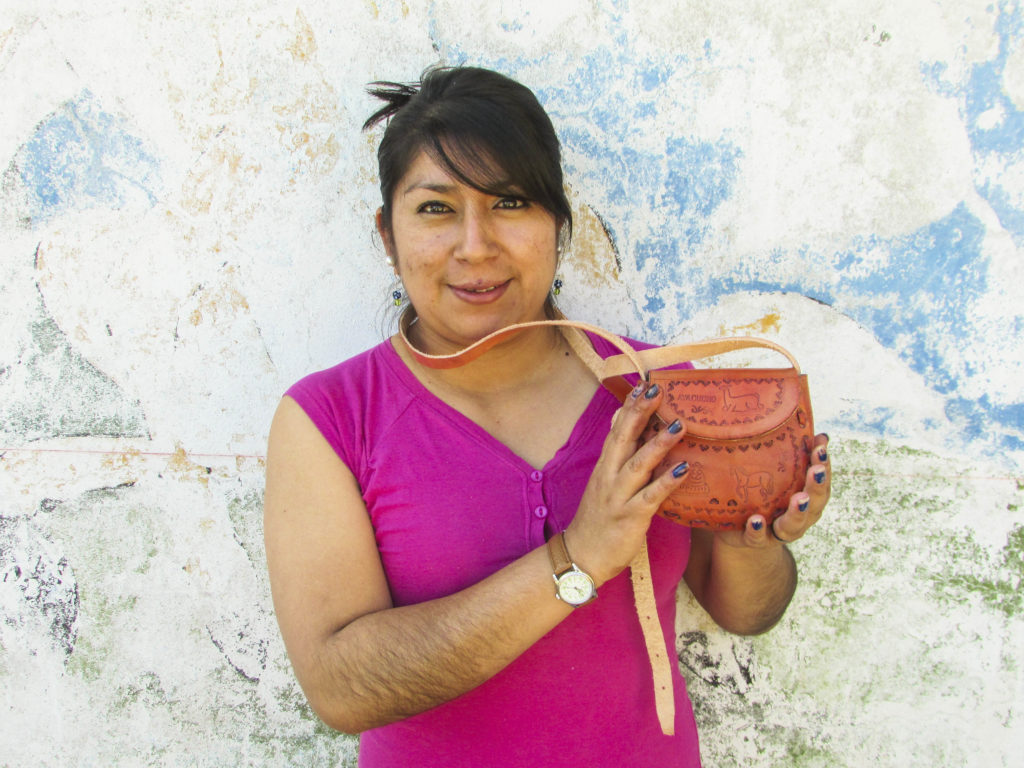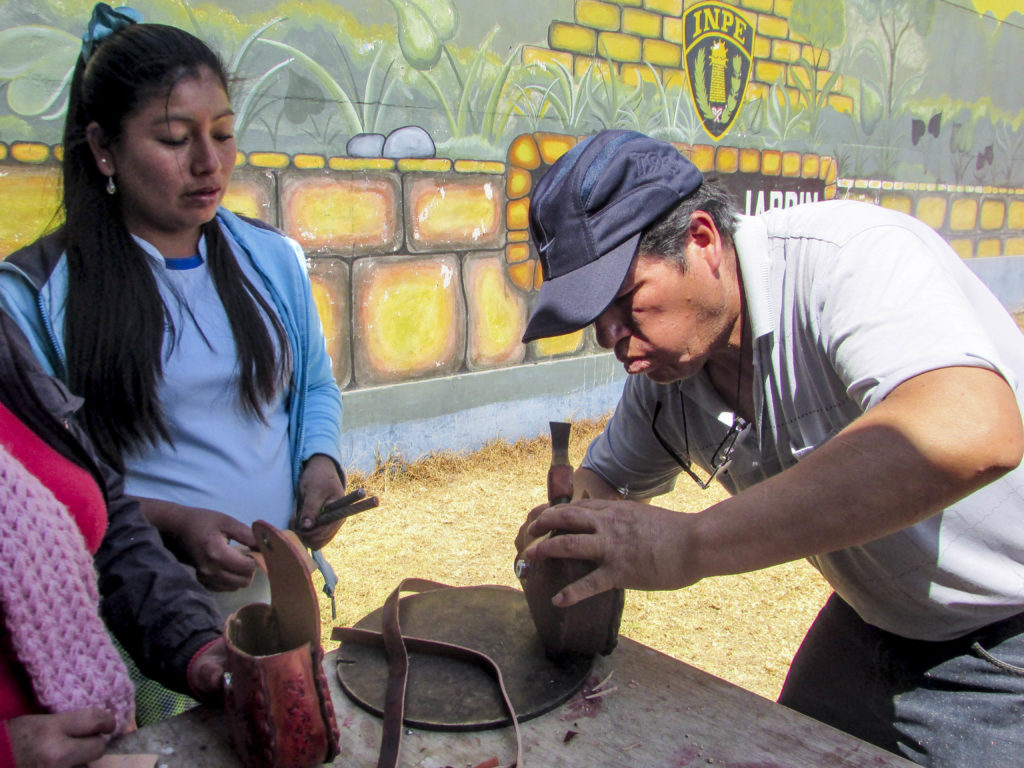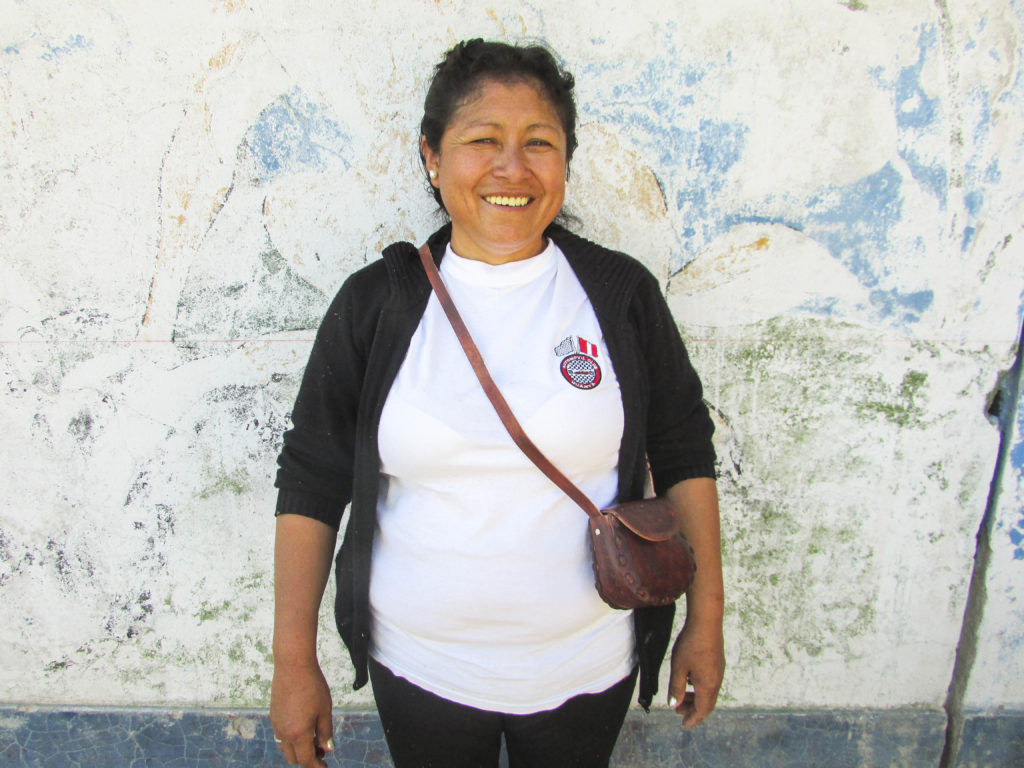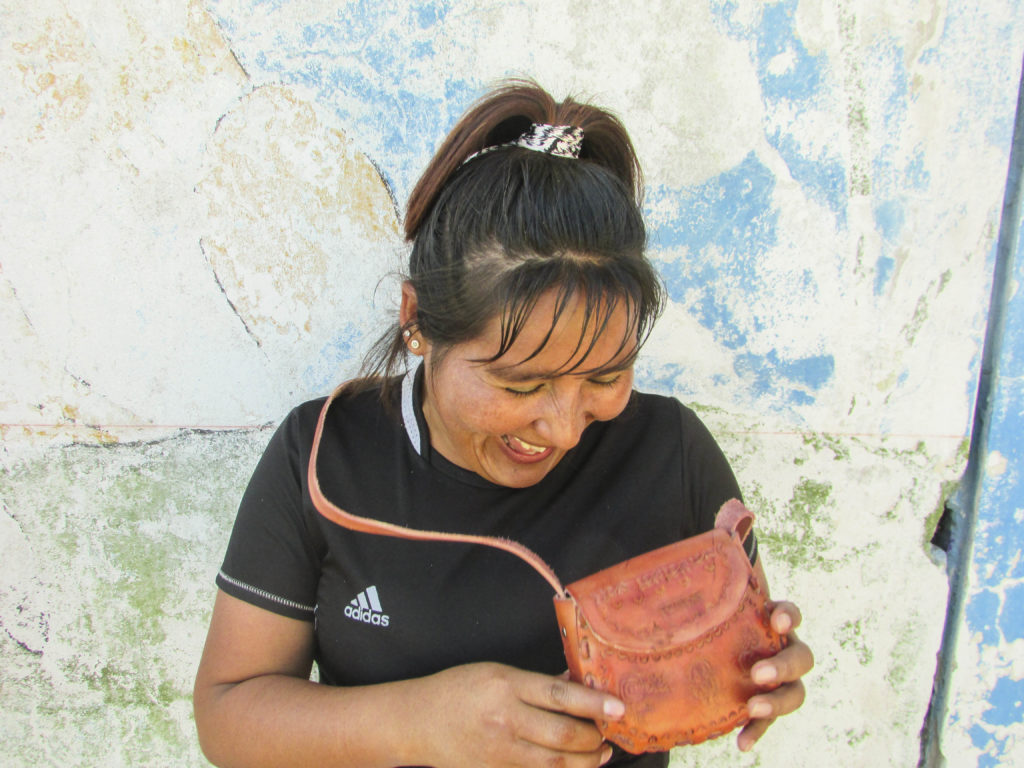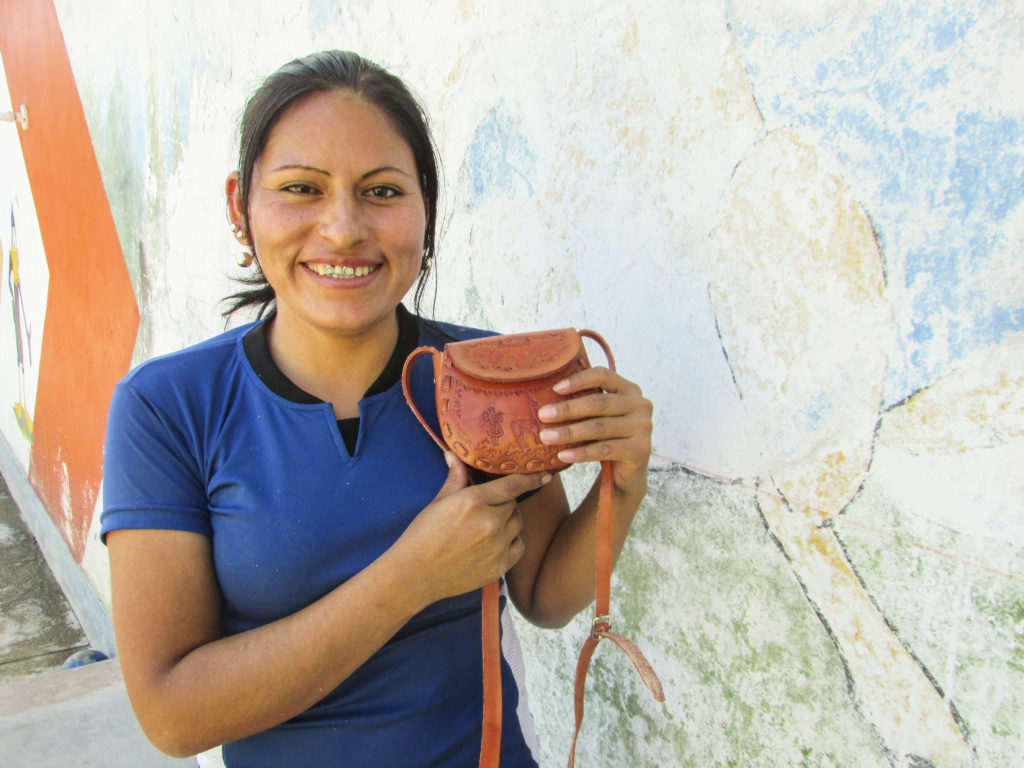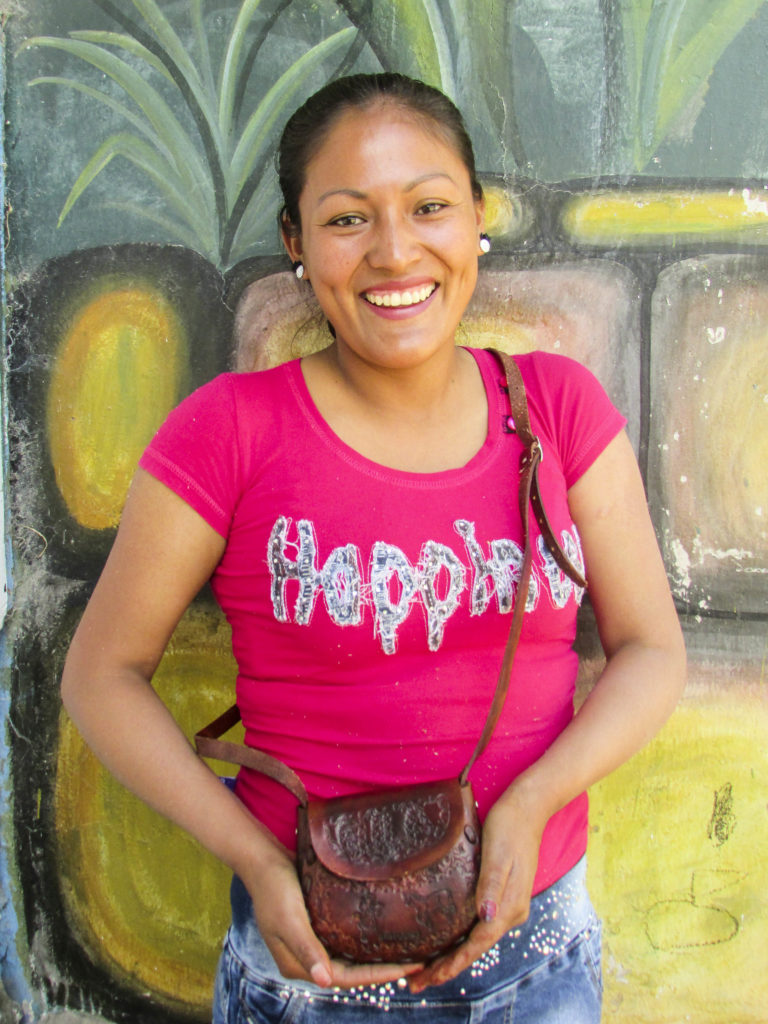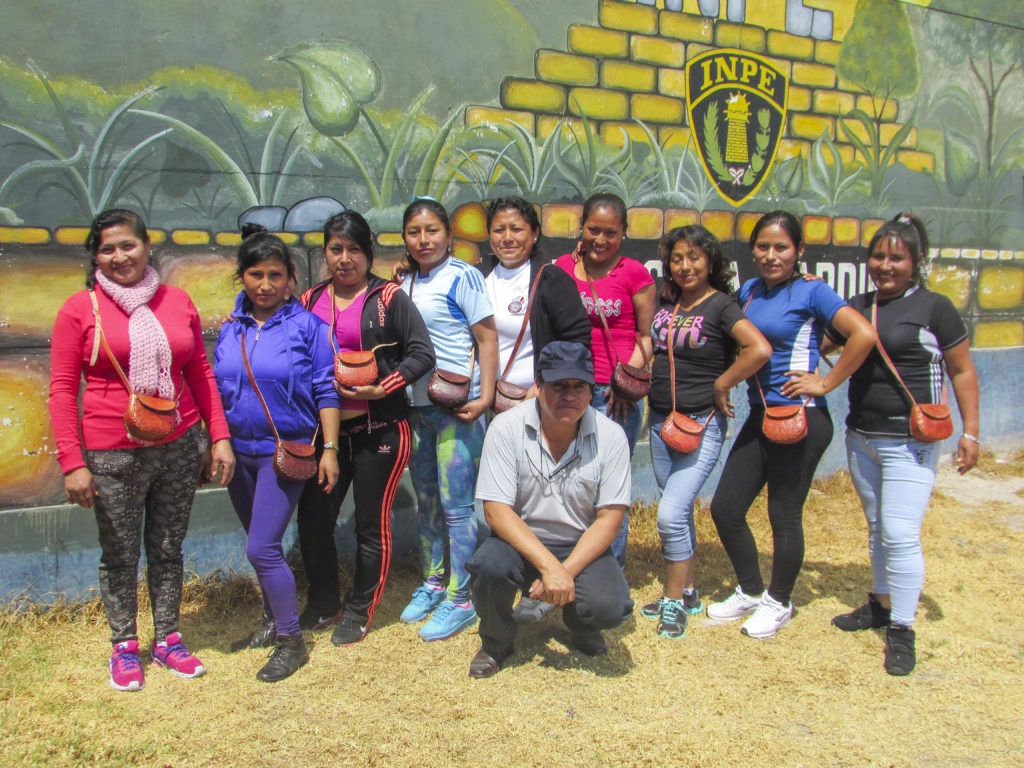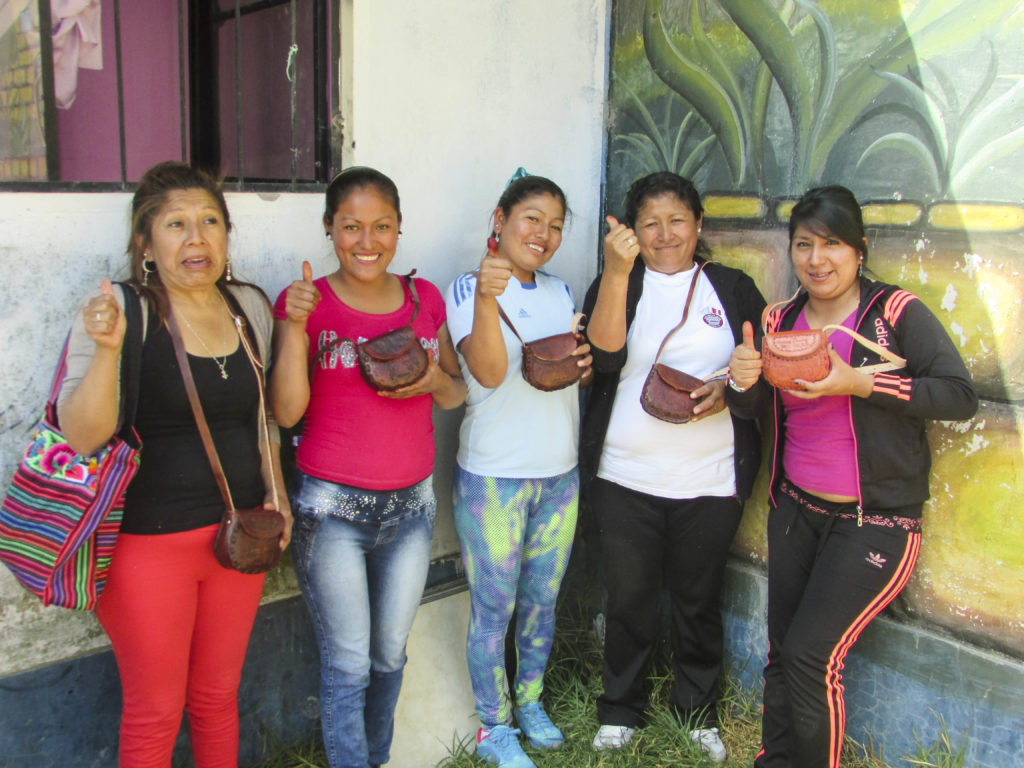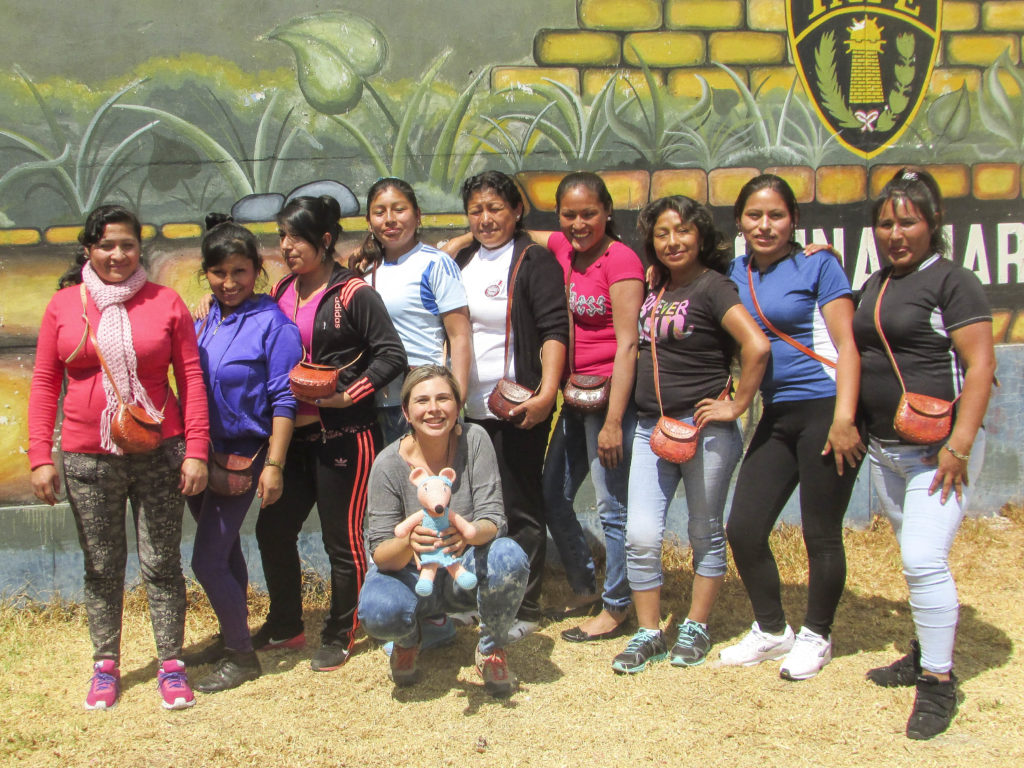Today was a slow day in the prison as the women worked on their products for the order. The embroidery looks stunning (no surprise there) and the pieces that are done are beautiful. I’m already eyeing a few pieces- they may not even make it out of the prison before I snatch them up (being the founder does have its benefits).
While the women worked on their products, we talked about racism in Peru. The women shared with me the types of misconceptions people in Lima (the capital of Peru and where the majority of the country’s money is) have of those from Ayacucho.
Ayacucho is a city in the Central Andes of Peru. Most of the people in Ayacucho are Quechua and are bilingual Quechua/Spanish speakers. While Quechua people aren’t the only indigenous people of the Peru, they are the vast majority of the people in the Andes (which spans throughout South America).
Like many indigenous peoples throughout the world, the history of Quechua people in Peru is wrought with struggles for land rights and racism. In modern history, during Peru’s civil war in the 1980’s, 75% of the victims were Quechua people, the vast majority from the department of Ayacucho. In the late 90’s Peru’s president, Alberto Fujimori, forced sterilized thousands of women (and pressured hundred of thousands more into sterilization), most of whom were Quechua and Aymaran (another indigenous group in Peru).
Today the women shared how people from Lima react to those from Ayacucho. One woman said, “Someone said to my daughter, ‘Where are you from?’ and she said Ayacucho. And he couldn’t believe it because she has light skin and has a job.”
They said that the assumption is that people from Ayacucho (read- indigenous people) look “almost black” and are illiterate, uneducated, and are unable to hold down a job. While there is certainly a degree of poverty in the countryside, Ayacucho is full of universities and educated professionals.
The women are extremely aware of the news and global politics (more than I am) and very shrewd business women. While there are women who haven’t finished high school, formal education is not the end all be all in intelligence.
The conversation got me thinking about what these women are up against. Not only are they incarcerated, and spending 10-15 years of their life in prison, but, as indigenous women, they also face racism and sexism.
Yet, they still GO FOR IT every single time. Despite being told on so many levels that they shouldn’t. They are so determined to earn money, take care of their kids, and have something when they are released.
When they told me about the racism in Lima they laughed because, as they explained me, “Everyone here knows that isn’t true. It’s ridiculous.” And they’re proving that every single day.
